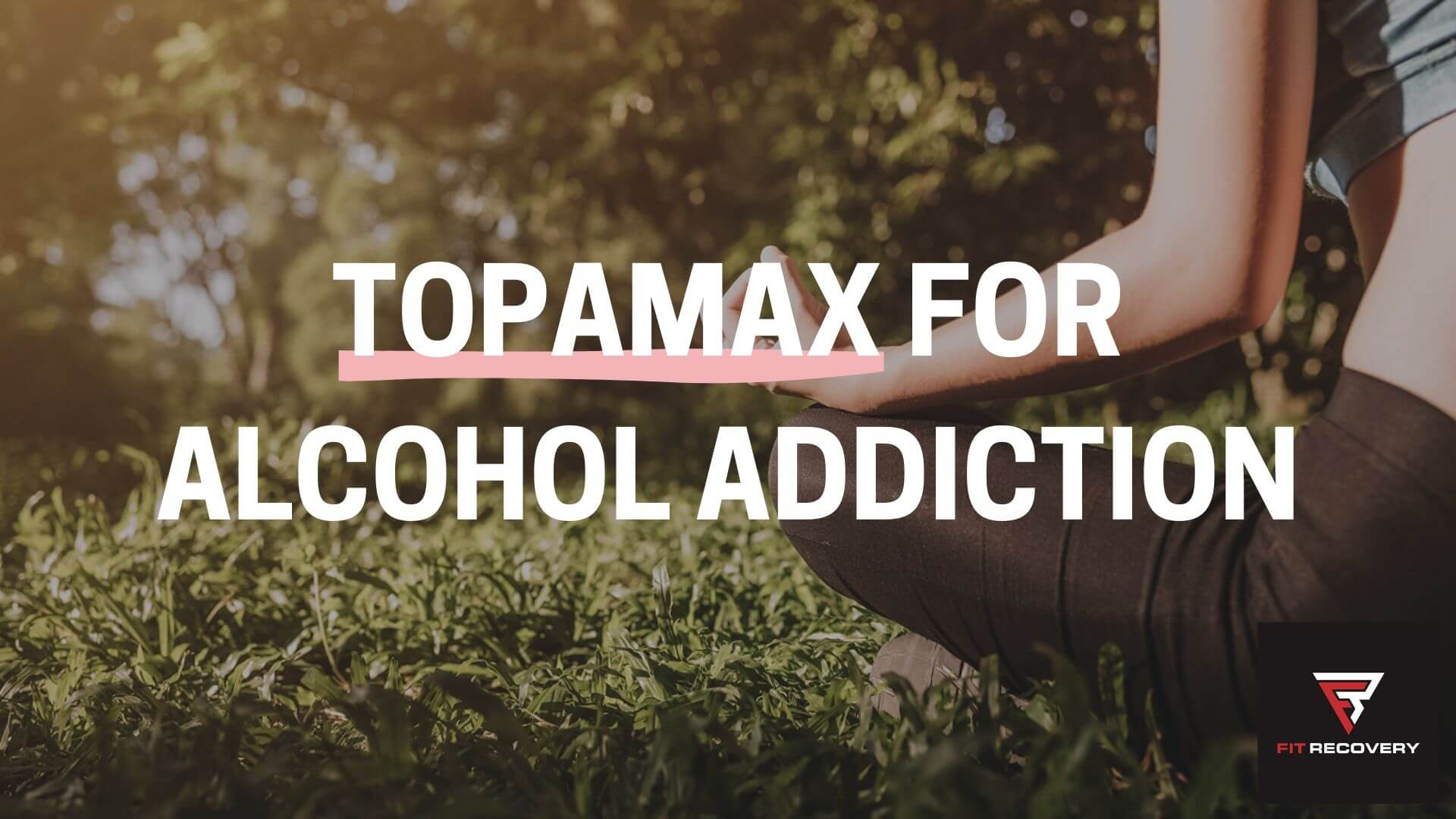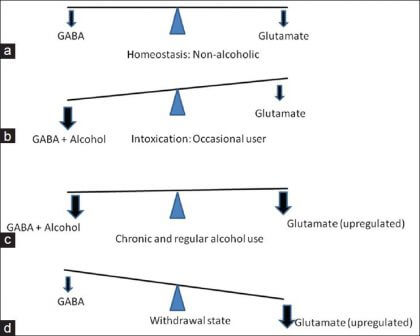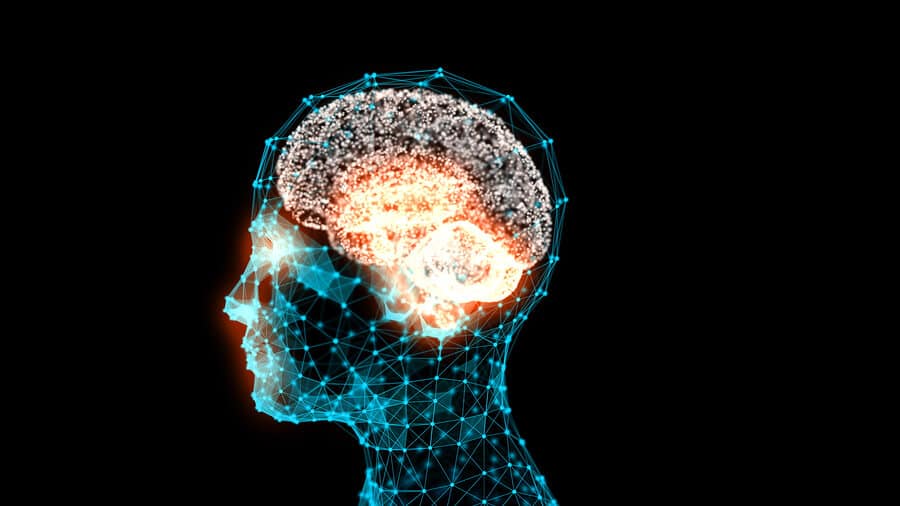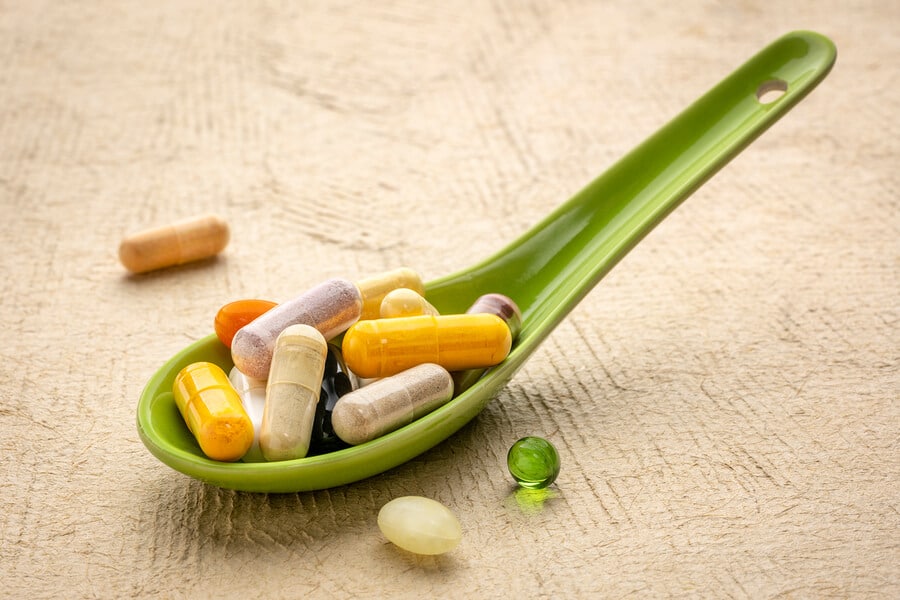Continuing our theme of shedding light on lesser-known treatment methods for alcoholism, this article will focus on the relationship between Topamax and alcohol. Topamax is an anticonvulsant and anti-epileptic medication that has powerful neuroprotective properties.

The generic form is called topiramate, but we will refer to it as Topamax in this article.
It has been traditionally prescribed to treat:
- Epilepsy
- Seizures
- Migraines
- Prescribed by doctors for other off-label purposes (especially chemical addictions)
More doctors are becoming aware of this relationship. As a result, thousands of people have been able to quit or cut down on drinking.
Overview of Topamax
It is effective at aiding recovery in the following ways:
- Reducing the severity of withdrawal and cravings
- Reducing the motivation to drink (i.e., mitigating the reinforcing mechanisms)
It is very similar in structure to acetazolamide, which has anticonvulsant effects. Once inside of the brain, it does the following:
- Stimulates GABA receptors
- Blocks glutamate receptors
- Reduces the amount of dopamine that is released by drinking
Alcohol is a depressant that mimics GABA (the brain’s primary “calming” chemical), and addiction causes the brain to decrease its long-term GABA production because it has learned to rely on alcohol for the same effect.
Alcohol also suppresses glutamate (a “stress” chemical), and in response, the alcoholic brain ramps up its production of glutamate when drinking stops. In the absence of drinkinh to calm down the brain, the addict feels hyperactive, hypersensitive, and panicked.
When an alcoholic stops drinking suddenly, two important things happen:
- Glutamate rebounds to high levels within 3-8 hours
- GABA does not return to normal levels (this can take weeks or months)
Many of the symptoms of withdrawal are caused by a lack of GABA and an excess of glutamate.

In addition to helping the alcoholic rebalance GABA and glutamate levels, this medication removes excess dopamine that is released by alcohol. As a result, heavy drinkers who consume both feel compelled to drink significantly less.
While some people have used this for withdrawal and then tapered off, others have successfully taken it long-term for cravings.
Continuing to use this after detox has helped many people drink less or quit drinking altogether. Because it can cause dependence, doses should be tapered down rather than ceased suddenly.
How Does Topamax Work?
If you’re new to this site, you may still be wondering – how does Topamax work? It is important to remember that within all of our brains, GABA is a calming chemical, glutamate is a stress chemical, and dopamine is a pleasure chemical that facilitates learning, reward, and motivation.
Basically, it works by exerting a similar effect on GABA and glutamate receptors as alcohol, thereby lessening withdrawal symptoms, while also reducing the dopamine-reinforcement effects of drinking behavior.

It is unique in its ability to help drinkers who are still drinking; the majority of FDA-approved drugs are meant to be used only upon alcohol cessation.
Another exception would be Naltrexone, which can also be used by people who are still drinking. However, heavy drinkers are advised to detox before using Naltrexone for addiction.
Because of biochemical individuality, some addicts may respond better to this medication while others respond better to Naltrexone. Still, others may not respond well to either drug.
Dosage

The following dosage information may be useful:
- A typical first dose is 50 mg/day, with 25 mg taking in the morning and 25 mg taken in the evening.
- Studies on this indicate that 75 mg/day may be effective for withdrawal.
- It can take 6-8 weeks to titrate to the typical ceiling dose of 200-300 mg/day, because tolerance to the side effects of Topamax builds slowly. Usually, 50 mg is added to the total daily dose during each successive week until the maximum dose is reached.
- Because the tablets have a very bitter taste, they should not be broken.
- It should only be taken as long as it is needed to manage symptoms – typically less than a week – to avoid dependence.
- There is no standard dosage for addiction; only a doctor can determine this depending on your situation.
- Only take this under the supervision of a doctor.
- *While it can be taken before quitting drinking as part of a regimen to cut down on alcohol, there are interactions. This medication is known to amplify the effects of alcohol and therefore dosage must be determined carefully.
Before taking this, make sure to review the following:
Research Studies

A large number of studies support the use of Topamax for withdrawal and cravings:
- Detoxing alcoholics who received up to 75 mg had fewer withdrawal symptoms in the 7-10 days following drinking cessation, and significantly fewer relapses in the 4 weeks following treatment, than patients who received only therapy (source)
- It is as effective as diazepam in treating withdrawal symptoms, including tonic-clonic seizures (source)
- Low doses reduce cravings, anxiety, and depression during acute withdrawal (source)
- Clinical trials with doses of 200 to 300 mg/day have been shown to drastically reduce the percentage of heavy-drinking days (Johnson et al. 2008)
- It is more effective than a placebo, and is not distinguishable from diazepam, when used for the treatment of withdrawal symptoms (Krupitsky et al. 2007)
- In a 4-week study with 371 participants, half receiving placebo and the other half receiving Topamax, the Topamax group had significantly fewer drinking days (source)
- It is generally well tolerated, although some serious side effects can occur (source)
It’s worth noting that this medication will likely never receive FDA approval for addiction.
The patent for it expired, and there is no financial incentive for drug companies to pursue approval.
Alternatives
Not everyone can obtain a prescription, since it must be prescribed by a doctor. It can sometimes be difficult to find a doctor who is open to prescribing it for addiction.
Besides benzodiazepines, which are the most commonly prescribed drugs for short-term detox, there are a few other alternatives.
You can read some other articles on prescription medications for dependence here:
Further Considerations – Nutritional Repair

After getting through acute withdrawal, it’s important to determine what lifestyle changes will reduce cravings and repair their bodies.
Nutrition is one of the most neglected pillars of recovery. After excising toxic ethanol from your life, you can maximize your sense of well-being by optimizing what you put into your body. This includes eating well and taking supplements to repair nutritional deficiencies.
Check Fit Recovery’s list of supplements that work best for supporting the brain-body system through recovery.
As your body-brain system heals, you will discover that drinking is a barrier, not an enhancement, to experiencing life in full, vivid, color – and that life without drinking does NOT have to be a life of bleak deprivation.
Conclusion
The relationship is well established, despite the fact that this medication is not approved by the FDA for = addiction. People with alcohol disorders deserve to know about all of their options for changing their lives for the better, including pharmacological methods.
While not everyone responds well to it, greater awareness can improve recovery odds for many people.
If you have any questions, please leave them in the comment box below.
___________________________________

Dr. Ken Starr is board certified in both Addiction Medicine and Emergency Medicine, and diplomate of the American Board of Addiction Medicine. In addition to his work as the Addiction Medicine Director for Fit Recovery, he operates Ken Starr MD Wellness Group in Arroyo Grande, CA. His clinic offers advanced drug and alcohol detox methods, long term recovery facilitation, and IV nutritional programs including NAD+ therapy.

Author
-
Dr. Ken Starr is board certified in both Addiction Medicine and Emergency Medicine, and diplomate of the American Board of Addiction Medicine. In addition to his work as the Addiction Medicine Director for Fit Recovery, he operates Ken Starr MD Wellness Group in Arroyo Grande, CA. His clinic offers advanced drug and alcohol detox methods, long term recovery facilitation, and IV nutritional programs including NAD+ therapy.
View all posts






Hello – Your Fit Recovery website has been one of the most helpful resources I’ve found in learning how to quit alcohol and manage sober life – THANK YOU! My question is: I am in the very first days of alcohol detox right now. I am very concerned about managing cravings and relapsing after I get clean. My doctor has recommended either Gabapentin or Topamax after I complete detox to manage post-acute withdrawal symptoms and cravings. Based on your site’s info about both, and other research I’ve done, it sounds like Topamax may be better suited immediately after detox for… Read more »
Thanks big time man, this article is huge for me right now. Sober now for 82 days. I am a 44 year old male in rehab. Been drinking hard since high school. Hospitalized multiple times with acute alcohol pancreatitis, elevated liver enzymes, tonic-clonic seizures, ect. I’m tripping pretty hard right now am I experiencing PAWS?
Awesome to hear Joshua, keep it up – the info on this site will come in VERY handy once you’re out. I went to rehab as well and didn’t learn an ounce of what you’ll find here. I don’t know the details of your situation, but PAWS happens to pretty much everyone who drinks like we did and quits. It CAN be minimized with supplementation – though counselors will not likely know anything about that. Keep it up and stay strong man.
Thank you for thus article. I was just prescribed Topamax yesterday for alcohol addiction and am anxious to find out if it will work. I will keep you posted. I am a bit concerned about the side effect of memory loss or confusion. My profession is Financial Advisor and I certainly I don’t need that, Any thoughts on that…
Thanks,
Hi Gail, I hope it does work for you – Feel free to let us know about your experience. Since everyone is biochemically different, it’s impossible to say whether rare side effects will occur for you. I have had a few private clients who took Topamax, and none of them experienced memory loss or confusion.
I wanted to stop drinking so I went to a rehabilitation center I learned a lot. Although I don’t think it was the place I needed it did offer insight into the life of addiction. I was given Topamax and I stopped drinking for 1 year and 5 months I was extremely happy. I stopped taking the medication 3 months ago and I’ve drank in those 3 months and I’m not happy out. I’m debating going back on Topamax I was on 100mg I thought I was ready to try to without it and I was starting to experience joint… Read more »
Hi there, thank you for sharing this! Since I’m not a doctor, I can’t make specific recommendations about medications. I found that natural supplementation combined with lifestyle strategies (diet, exercise, meditation, etc.) saved me from alcohol cravings, anxiety, and depression. You can read all about these supplements and strategies on this site. While medications can help some people long-term, it’s always best to be proactive and return to the basics. Best of luck to you!
Highly informative.
Thanks G, glad to hear it!